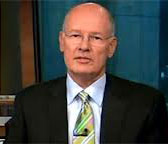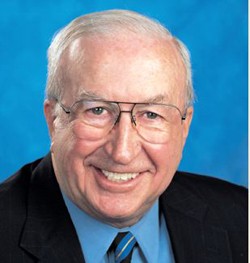Those of us watching the evening news on television expect our reporters to be objective, professional and truthful when it comes to the stories they report.
But few of us stop to consider what goes on inside the head of these reporters we invite into our homes.
Melissa McCarty takes behind the facade that news reporters project on the camera. She brings humanity to the otherwise sterile persona most news people project from her book, News Girls Don’t Cry






